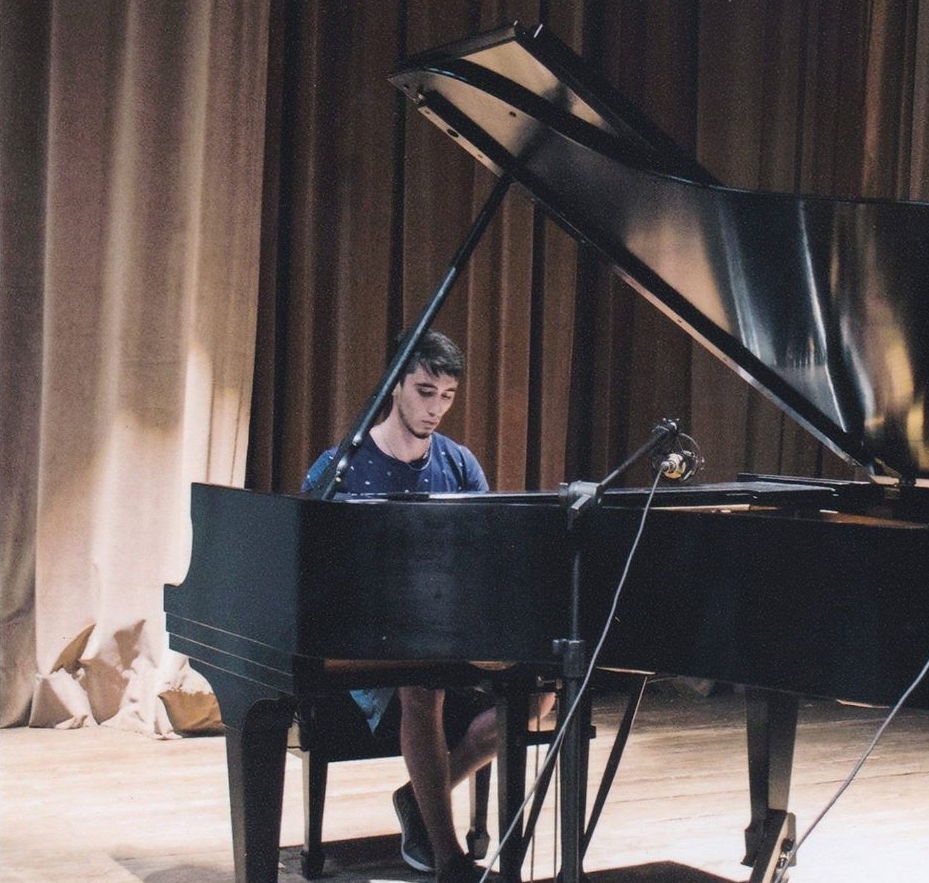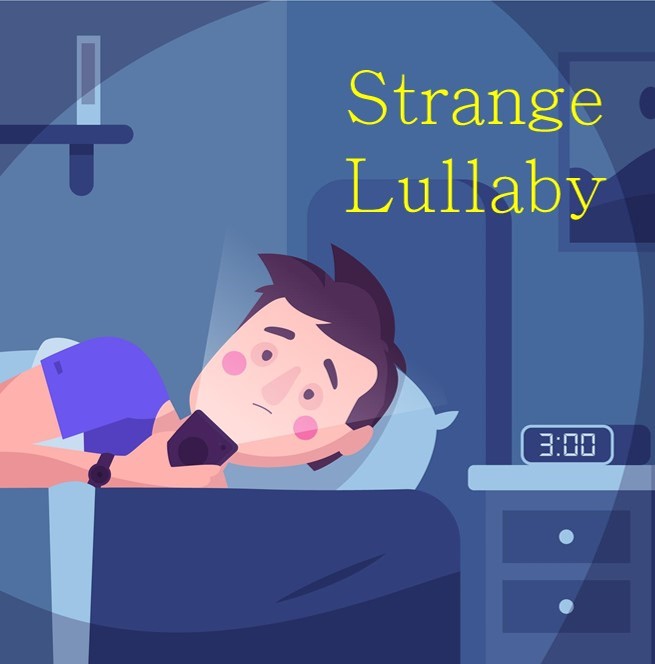About
Born in Montevideo, Uruguay, in 1993. Since he was a child he expressed interest in the arts, particularly literature, painting and music.
He started playing the piano at the age of eleven, self-taught, at the same time he began to compose small pieces and short melodies.
At the age of fifteen he began to receive formal musical instruction from professor Miguel Llovet, while still composing.
In 2012 he began to publish his compositions on Musescore.com (https://musescore.com/vega), a platform through which he was contacted by Carlos Marquez, a brilliant Spanish pianist (https://soundcloud.com/cmdigital), with whom he released two albums of his compositions (with Carlos as interpreter) the first in 2016, and the second, recently, in March 2020.
Since 2018 he is studying at the University School of Music (Escuela Universitaria de Música), the Bachelor of Musical Interpretation on Piano, under the tutelage of teachers like Fabiana Galante, Mayra Hernández, Pablo Rilla and Javier Toledo, with a perspective to complete the Bachelor of Composition also.
His favorite composers, and those who have influenced him the most, are: Chopin, Scriabin, Rachmaninoff, Debussy and Ravel.

